All Terry Fox Laboratory faculty have cross-appointments in various Departments of the University of British Columbia and have built an international reputation for standards of excellence in research and training. Previous trainees now hold appointments at the Universities and biotech companies. This reflects a tradition of selecting superior students who are, themselves, equally committed to the pursuit of a career of scientific discovery and contribution to advances in patient care and the commercialization of new reagents and devices.
Training
Graduate Study
Faculty within the Terry Fox laboratory are affiliated with various academic departments at the University of British Columbia and have trained ~150 graduate students. Doctor of Philosophy (PhD) and Master of Science (MSc) degrees can be pursued through UBC in Medical Genetics, Interdisciplinary Oncology, Experimental Medicine, Cell & Developmental Biology, Bioinformatics, Genome Science & Technology, Pathology and Laboratory Medicine as well as through the newly formed School of Biomedical Engineering. The program chosen depends on interests of the student and the UBC affiliations of their supervisor.
Postdoctoral Training
Postdoctoral training (not leading to a further degree) is available at both the post-PhD and post-MD level. Typically such training is for 2-3 years. The TFL is a highly sought research environment for postdoctoral fellows and has trained nearly 250 such fellows from around the world.
Undergraduate / Exchange Studies
A variety of training opportunities exist for individuals without a bachelor's degree or haven't enrolled into a graduate program but wishing to gain experience in the TFL research environment. These include co-op studies, summer studentships, directed studies, visiting student programs etc.
Resources for Trainees
The BCCRC Graduate Student and Post Doctoral Society (GrasPods) is a trainee-run society whose mission is to further enrich the wonderful training environment at BC Cancer by providing academic, social, and personal well-being support for their members. GrasPods events include: Academic Workshops, Sport Events, Trainee Lunches, and Jobs in Science Interview Series. More information
Featured Recruiter
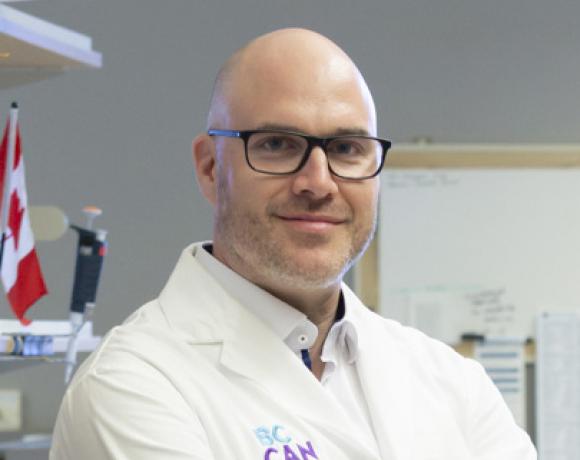
Florian Kuchenbauer, MD, PhD
Dr. Florian Kuchenbauer received his M.D. education at the Ludwig-Maximilians-University in Munich, Germany in 2001 and completed an M.D. thesis at the Max-Planck-Institute for Psychiatry in 2002. He then started residency training at the Department of Hematology/Oncology, Klinikum Grosshadern, Munich, Germany (2001-2004) before obtaining a PhD degree at the Terry Fox Laboratory, BC Cancer and Department of Experimental Medicine, University of British Columbia under the supervision of Dr. Keith Humphries (2005-2009).
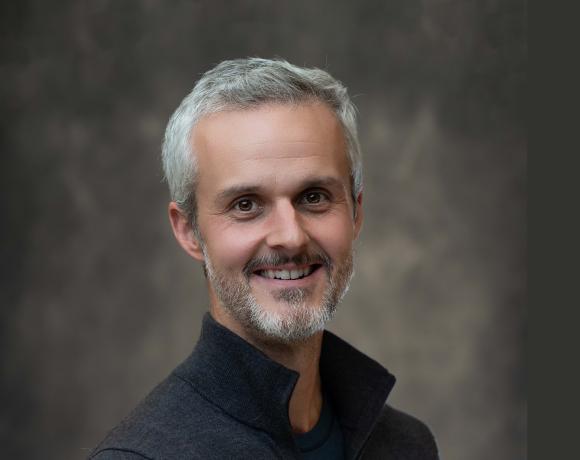
Peter Stirling, PhD
My lab is using functional genomics, molecular biology, biochemistry, and imaging in both the yeast model and cultured human cells to study fundamental mechanisms of genome maintenance and stability. Failure to maintain genome integrity leads to mutations that can promote tumour formation. Normal genome maintenance mechanisms can be overwhelmed by carcinogen exposure, or the presence of germline or somatic variants that induce genomic instability.
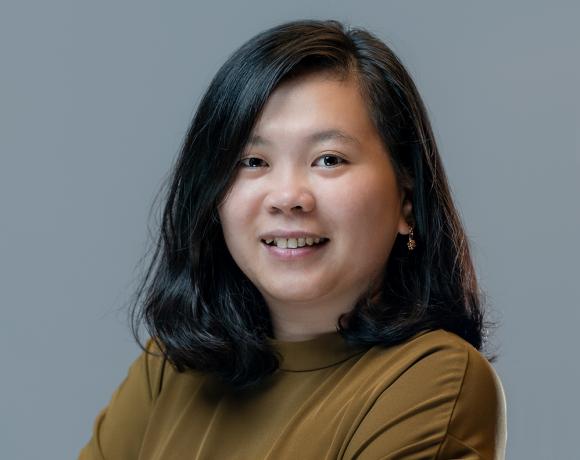
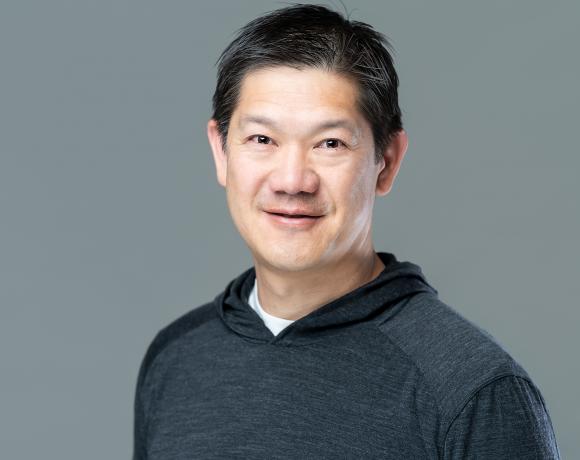
Andrew Weng, MD, PhD
Dr. Andrew Weng pursued his undergraduate studies in Biological Sciences at Stanford University before earning both MD and PhD degrees from the University of Chicago/Pritzker School of Medicine. His professional journey continued with residency training in Anatomic Pathology and a fellowship in hematopathology, followed by postdoctoral research at Brigham & Women’s Hospital in Boston.
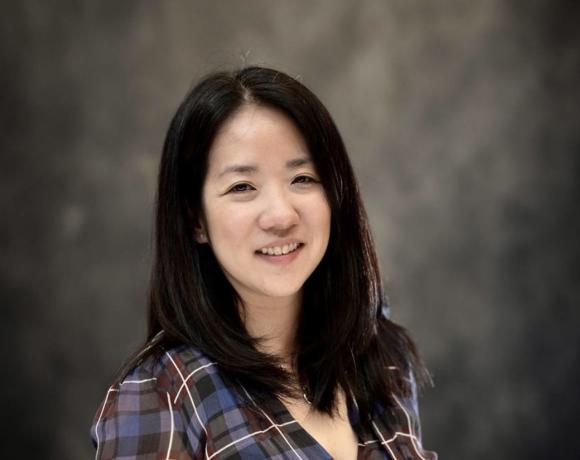
Carol Chen, PhD
Dr. Carol Chen was born in Taipei, Taiwan and grew up in Calgary, Alberta. She obtained her PhD in the lab of Dr. Matthew Lorincz at the University of British Columbia, where she studied chromatin mechanism of transcription, specifically looking at histone phosphorylation. She then completed a post-doc fellowship in the lab of Dr. Nada Jabado at McGill University, where she studied histone mutations found in cancer and germline developmental disorders. In 2023, she joined Terry Fox Laboratory at BC Cancer to start her own independent research group.
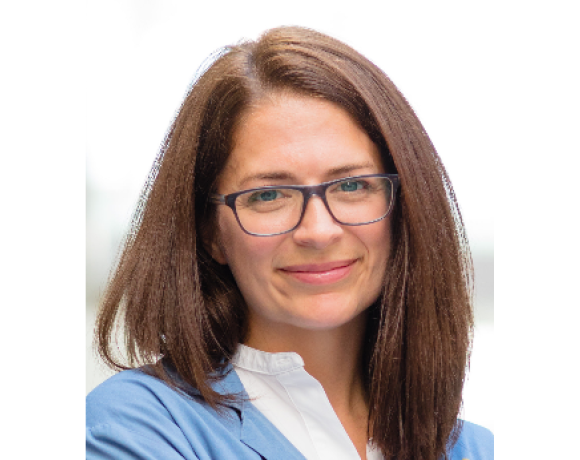
Sarah Crome, PhD
Dr. Crome joined BC Cancer in 2025 after serving as a Senior Scientist at the University Health Network and Associate Professor at the University of Toronto, where she held a Tier 2 Canada Research Chair in Tissue-Specific Immune Tolerance. There, Dr. Crome led single-cell profiling efforts defining tissue-resident immune programs in the human kidney, transplantation, and inflammatory disease, including the first comprehensive single-cell atlas of healthy human kidney.
BC Cancer Foundation is the fundraising partner of BC Cancer, which includes BC Cancer Research. Together with our donors, we are changing cancer outcomes for British Columbians by funding innovative research and personalized treatment and care.